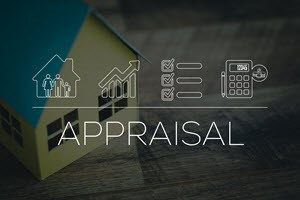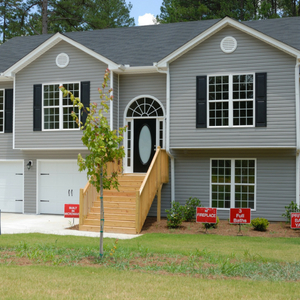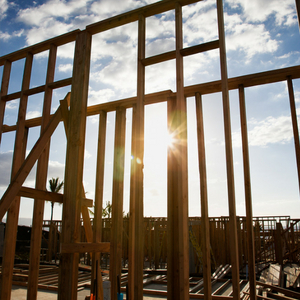Absolutely, the tips you’ve provided are a comprehensive guide to preparing a home for sale. They cover all the essential aspects that can greatly enhance a property’s appeal to potential buyers. Here’s the text with some minor adjustments and additional keyword suggestions for your blog post:
Title: A Complete Guide to Preparing Your Home for a Successful Sale
Are you ready to make your home stand out in the competitive real estate market? Ensuring your property is well-prepared for potential buyers can make all the difference. Follow these key steps to present your home in the best possible light and maximize its appeal:
1. Declutter and Clean:
A clutter-free and spotless environment allows buyers to envision themselves living in your space.
Keywords: declutter, clean, open space, inviting ambiance, well-maintained.
2. Repairs and Maintenance:
Addressing both minor and major repairs demonstrates your commitment to the property’s upkeep.
Keywords: repairs, maintenance, attention to detail, well-maintained, value.
3. Neutralize and Depersonalize:
Creating a neutral canvas helps buyers visualize their own furnishings and style in the space.
Keywords: neutral colors, depersonalize, buyer’s imagination, welcoming atmosphere.
4. Stage the Home:
Strategically arranging furniture and adding tasteful decor highlights the home’s potential.
Keywords: home staging, furniture arrangement, interior design, visual appeal.
5. Curb Appeal:
A well-maintained exterior and inviting entryway create a positive first impression.
Keywords: curb appeal, exterior maintenance, welcoming entrance, positive impact.
6. Lighting and Ambiance:
Optimal lighting and ambiance can make rooms feel spacious and inviting.
Keywords: natural light, cozy atmosphere, lighting effects, room ambiance.
7. Odor Control:
Maintaining a fresh and neutral scent ensures a pleasant experience for potential buyers.
Keywords: odor control, pleasant scent, clean environment, sensory appeal.
8. Minor Upgrades:
Small upgrades can modernize your home and improve its overall aesthetic.
Keywords: modern upgrades, hardware replacement, aesthetic enhancement, value boost.
9. Highlight Energy Efficiency:
Showcasing energy-efficient features can be a strong selling point for environmentally conscious buyers.
Keywords: energy efficiency, sustainable features, eco-friendly, cost-saving.
10. Professional Photography:
High-quality photos capture your home’s best features and attract more attention online.
Keywords: real estate photography, visual impact, online listings, professional presentation.
Remember, the goal is to create a welcoming and aspirational space that potential buyers can see themselves living in. If you’re uncertain about any step, consider seeking guidance from a real estate agent or staging professional to ensure your home is presented at its finest.
By following these tips, you’ll be well on your way to making a lasting impression and facilitating a successful sale of your home. Good luck on this exciting journey!






 With 2018 behind us, we’re focusing on the new year and predicting where the real estate market is going in 2019. With so much data out there about the market, we have had to sift through the noise and sort the accurate data from the hyped-up data in order to set some realistic expectations for the year ahead of us. As with all predictions, no one has a crystal ball able to see the future and how all of the cards will fall. I have however, distilled information from credible resources, based this post on my 20+ years of experience and what I am currently seeing in the marketplace. Let this information serve you as a barometer in your decision making this year as we optimistically head into 2019. Let’s take a look at how we’re expecting the real estate industry to shape up this year here in the U.S. and most importantly, Florida and Pinellas County.
With 2018 behind us, we’re focusing on the new year and predicting where the real estate market is going in 2019. With so much data out there about the market, we have had to sift through the noise and sort the accurate data from the hyped-up data in order to set some realistic expectations for the year ahead of us. As with all predictions, no one has a crystal ball able to see the future and how all of the cards will fall. I have however, distilled information from credible resources, based this post on my 20+ years of experience and what I am currently seeing in the marketplace. Let this information serve you as a barometer in your decision making this year as we optimistically head into 2019. Let’s take a look at how we’re expecting the real estate industry to shape up this year here in the U.S. and most importantly, Florida and Pinellas County.









